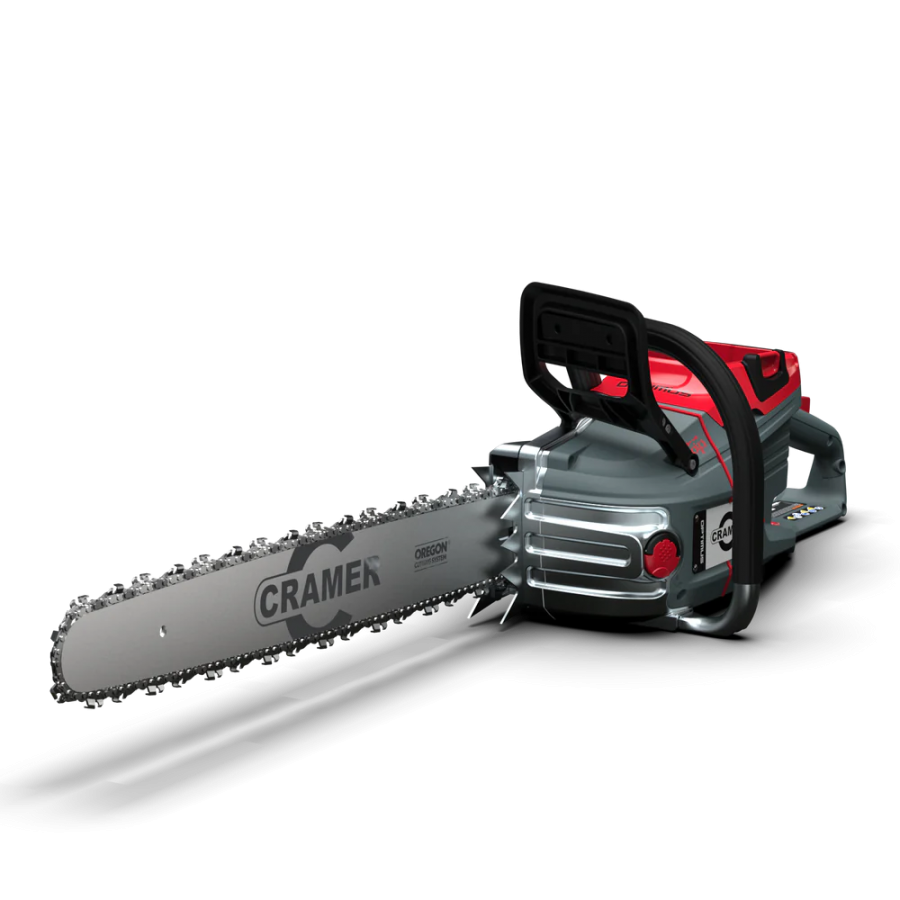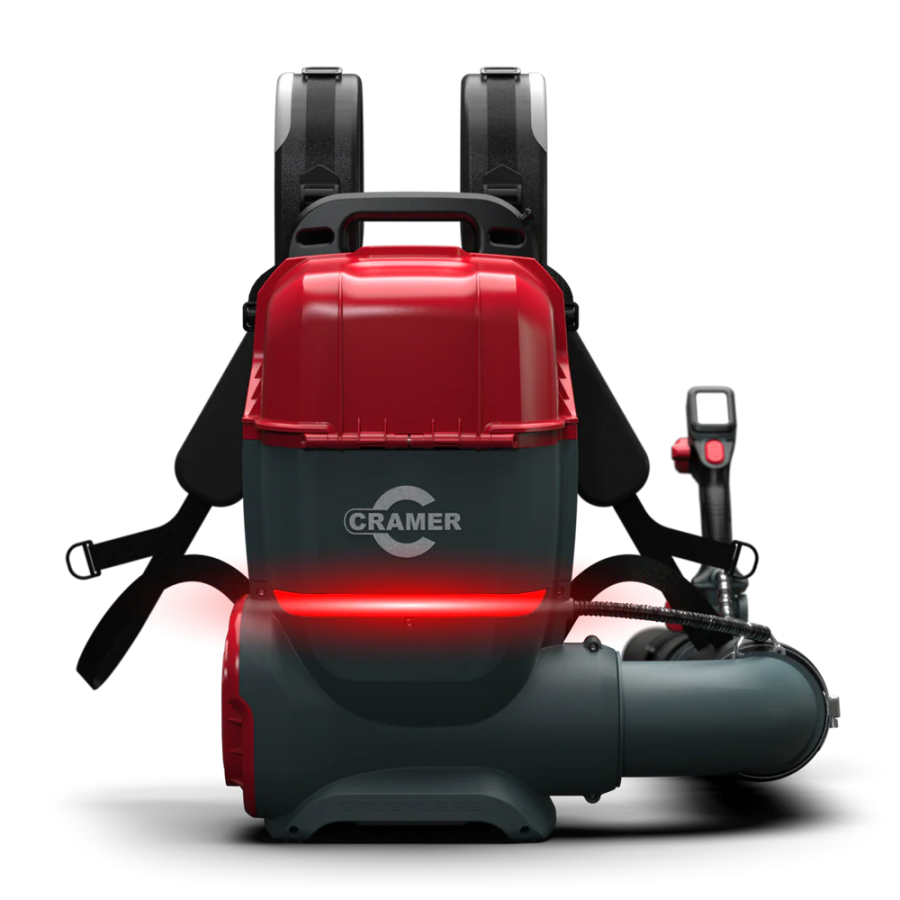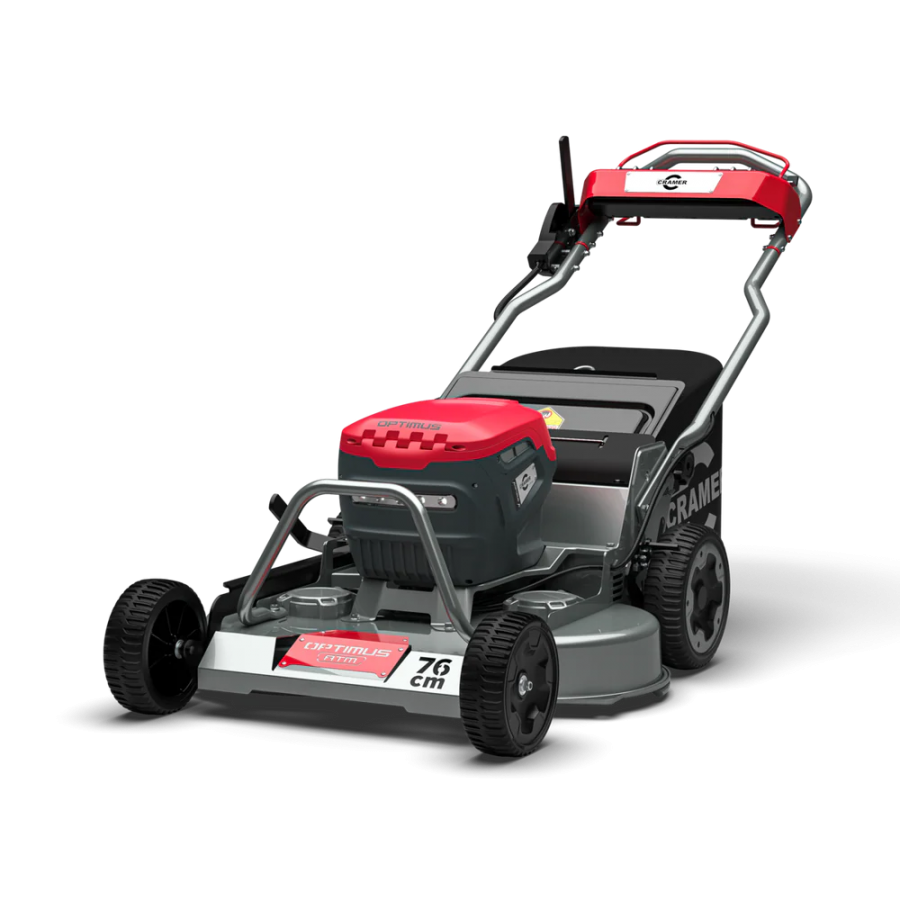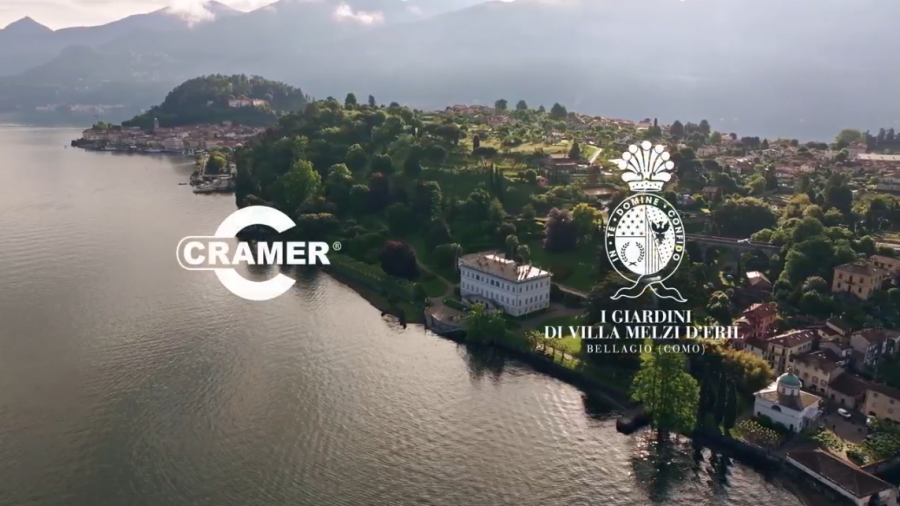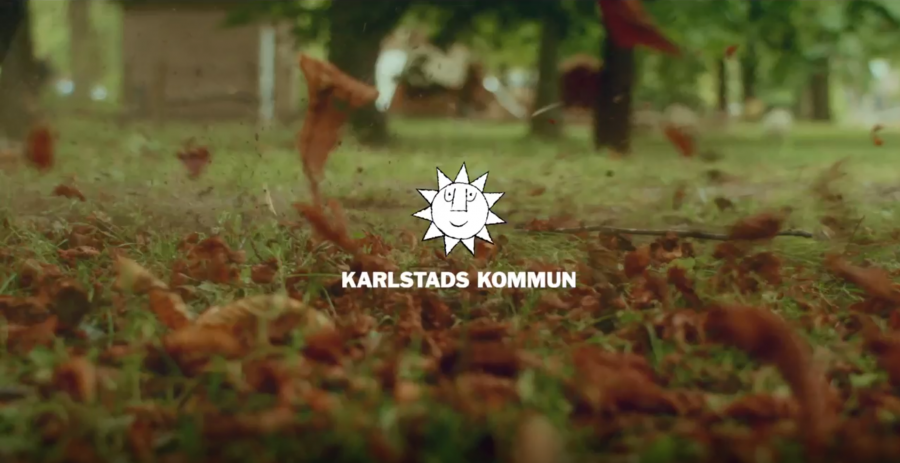The Invasive Non-Native Specialists Association (INNSA) hosted its fourth annual conference in Derby in the wake of a turbulent last year for remediation professionals.
INNSA 2018 brought together experts from a range of sectors affected by invasive species, including property, amenities, remediation and legal, to provide updates on the previous year and future advice for those at risk of infestations of the likes of Japanese knotweed.
2017 was a challenging year for the invasives industry, with months of uncertainty on the renewal of Glyphosate licensing causing fears of food shortages and harmful non-native infestations growing out of control. It also saw a landmark ruling against National Rail for failing to control Japanese knotweed, and worrying new research conducted by the Crop Protection Association (CPA) revealed that one in seven homeowners saw a property deal fall through due to a knotweed infestation. One in four stated they knew nothing at all about the invasive plant, demonstrating more still needs to be done to educate the general public.

The theme of the fourth annual INNSA conference was reducing the risk, cost, and time often associated with the remediation of non-native species. An all-new format consisted of presentations, workshops, exhibition stands and panel discussions. The informal workshops allowed INNSA organisers to tailor sessions to the specific needs of delegates from different occupations and sectors affected by the need to control invasive species such as Japanese knotweed, including property, amenities, and environmental professionals.
The day was opened by INNSA chairperson James Sherwood-Rogers, who welcomed attendees to the event before explaining more about INNSA’s important work and future plans to acquire new members. Morning sessions provided insight into the impact of invasive species on property, with Mark Sexton of Wiggett Group discussing a developer’s perspective on the plant.
Spokespersons from Charles Lyndon, the legal practice that last year won a landmark ruling in a four year court case against Network Rail, gave an update on the case. The value of the property affected was halved due to the infestation along the railway.
In the afternoon sessions, Barrie Hunt of Monsanto provided an update on Glyphosate following the European Commission’s vote to renew the licensing.
Months of debate were concluded with a vote for a five-year renewal, instead of the fifteen-year extension originally hoped for.
David Layland, joint managing director of Japanese Knotweed Control, teamed up with Tim Bird of COMAC Limited, a construction management and consultancy firm, to deliver workshops on the management of Japanese knotweed, covering best practice in treating the invasive plant and real case studies of knotweed remediation.
David commented: ““The profile of invasive weeds has increased over in recent years, increasing awareness in most sectors, but also proliferating untrue myths and heightening the risk of misidentification. In reality, any professionals or homeowners with concerns can have peace of mind that the situation is under control, provided that a proper remediation strategy is in place with robust warranties and insurance.”
Delegates were given a case study of a UK housing development, which had Japanese knotweed within and neighbouring the site. Installations of underground cables had resulted in further contamination as ground disturbance caused the contaminated soil to spread. This was having an impact on the value of houses in close proximity to the infestation.
Attendees were given the opportunity to have their say on the case study during the interactive workshop, discussing the legislation that should be considered, the potentially suitable remediation strategies, ecological considerations and costing.
INNSA’s chairperson James Sherwood-Rogers said: “Japanese knotweed can cause significant damage to property, and is especially costly if treatment is not completed by accredited, qualified, insured specialists. In the amenities space, invasive plants can have hugely negative impact by out-competing natural species, causing soil erosion, and encouraging flooding. The INNSA conference provides a valuable forum for professionals to come together to share expertise and the latest information on how to minimise the risk posed by invasive species such as Japanese knotweed.”


